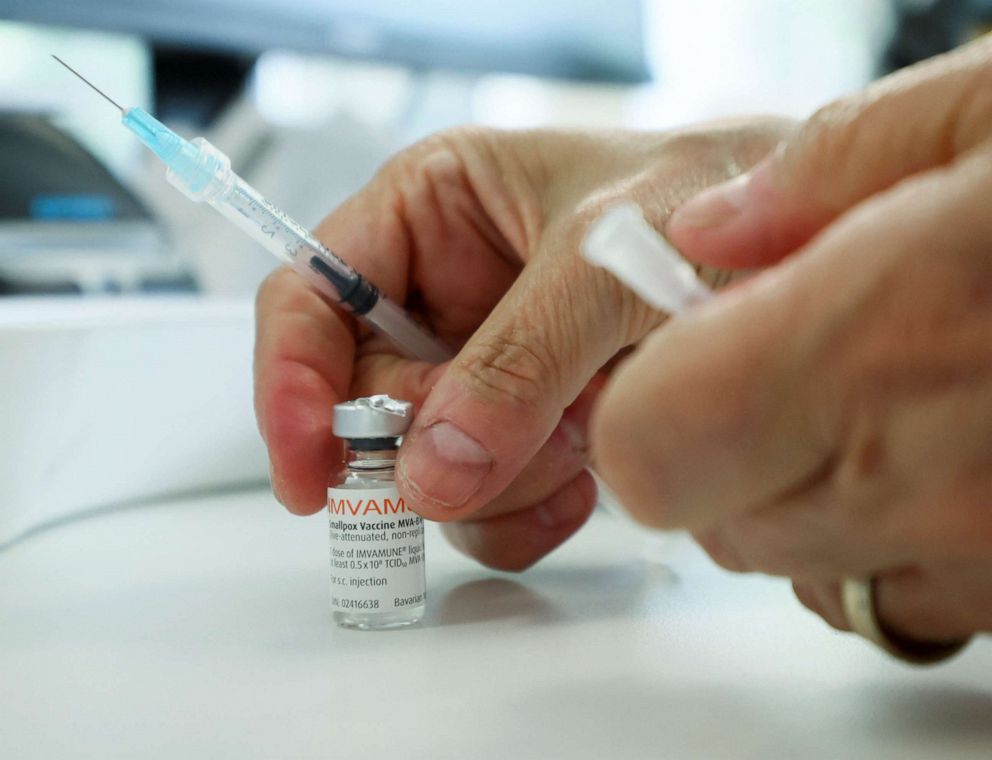WHO to assess whether monkeypox outbreak is a public health emergency
More than 1,700 cases have been identified in non-endemic countries.
The World Health Organization said it is planning to assess whether the monkeypox outbreak spreading around the world is a public health emergency.
According to Global Health, more than 1,700 monkeypox cases have been identified in non-endemic countries, mostly in Europe and North America.
In the U.S., there are 65 confirmed or suspected cases in 17 states and the District of Columbia, data from the Centers for Disease Control and Prevention shows.
Because of the highly unusual nature of the outbreak, WHO Director-General Dr. Tedros Adhanom Ghebreyesus said he has decided to convene an emergency committee under the International Health Regulations next week.
"The global outbreak of monkeypox is clearly unusual and concerning," he told reporters during a briefing on Tuesday held in Geneva. "I think it's now clear that there is an unusual situation meaning even the virus is behaving unusually from how it used to behave in the past."

He continued, "But not only that, but it's also affecting more and more countries and we believe that it needs also some coordinated response because of the geographic spread."
The first case of monkeypox among humans was recorded in the Democratic Republic of the Congo in 1970, and the illness has since spread to several other nations, mostly in central and western Africa.
Typically, the disease does not naturally occur on other continents, and infections are usually identified among people who recently traveled to countries where monkeypox is more commonly found.
However, lately the virus has been identified in people with no history of travel or known contact with anyone who tested positive for monkeypox, which many indicate evidence of community transmission.
According to the National Library of Medicine, between 2007 and 2020, there have been six events declared public health emergencies of international concern.
These include the H1N1 influenza pandemic of 2009; the Ebola outbreak in West Africa from 2013 to 2015; the Ebola outbreak in the Democratic Republic of the Congo from 2018 to 2020; the Zika outbreak in 2016; the ongoing spread of poliovirus that started in 2014; and the ongoing COVID-19 pandemic.



